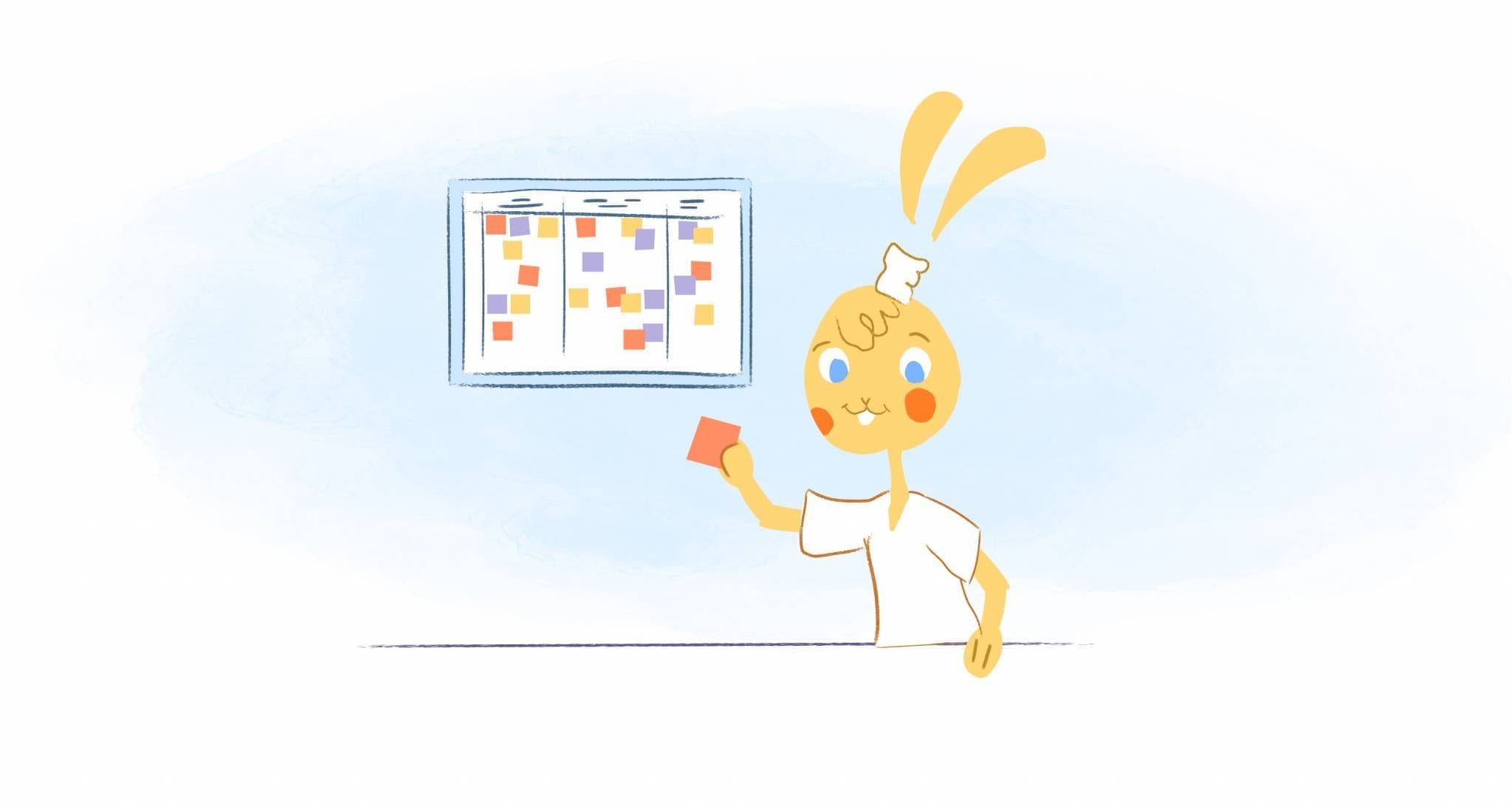

I woke up last Monday with a plan. I had all my work scheduled out and every intention to get it done. Did that happen? Nope. The day kicked-off with internet outages. Next, I got an email asking if I had the availability for additional work. And, my colleague, who I was collaborating on a project with didn’t respond until late afternoon.
Suffice to say, I was angry, frustrated, and wanted to tell everyone to bugger-off. But, to make matters worse, I procrastinated doing some vital work — even after getting a few things done while waiting to hear back from my colleague. As always — procrastination makes things so bad that I felt like I was going to blow a gasket. Sometimes you have to do more focusing when anxiety is getting the best of you.
Eventually, I realized that I needed to get myself together. I grabbed my coat and took-off to go for a walk. Getting away from and being outside for a half an hour helped a little. Next, I jotted down what was irking me. Seeing the list in actual writing, let me come up with some better solutions — like contacting about the WiFi once again.
Finally, I decided to call my colleague — again and try to see what the problem was because sometimes you just have to quit making an excuse and get the work done to have a successful day. Eventually, I was able to get back to work, stick with it, and get a large amount of work done.
Procrastination has always been about emotion management — and lack of emotional control will generally destroy your productivity. If you want to overcome procrastination, stay focused, and work more effectively with others. Then, you need to step-up your emotional management skills to become more productive. Here five ways that you can achieve emotional balance and stay productive.
Develop your EI.
To fine-tune your emotional intelligence, you will want to deploy some excellent self-care tactics. Continual self-care and self-help options will keep you on your Emotional Intelligence journey. Don’t be hard on yourself. The emotional intelligence journey is one you take up for a lifetime of practice.
Emotional intelligence, as defined by Psychology Today, “refers to the ability to identify and manage one’s own emotions, as well as the emotions of others.” But, as Abby Miller explains in a previous Calendar article, EI directly influences the following five frameworks:
- Self-awareness — the ability to recognize your feelings and emotions.
- Self-regulation — the ability to control your emotions.
- Self-motivation — having the internal drive to take the initiative and get things done.
- Social awareness – being able to empathize with others.
- Social skills — the tools needed to help communicate and interact with others.
As you can see, emotional intelligence is so relevant because it affects your work performance, relationships, social intelligence, and your mental and physical health. So, yeah. EI plays a considerable part in every aspect of your life.
But how can you improve your emotional intelligence?
First, you need to learn how to keep your emotions in check, like managing your stress. Meditating, physical activity, petting your dog, talking to a friend, or listening to your favorite tunes can help. A major issue can often be what you are eating. Are you eating well and sleep well?
If you still struggling with this, try out the STOPP technique:
- S – Stop
- T – Take A Breath
- O – Observe your thoughts and feelings
- P- Pull Back to gain perspective or look at the big picture
- P – Practice What Works – Proceed – what is the best thing to do right now?
Secondly, you need to work on your self-awareness. Mainly, this is knowing what your strengths, weaknesses, and stress triggers are. You may want to use journaling and solicit feedback from others to help you with this.
Thirdly, practice empathy. One of the easiest ways to build this skill is to talk less and listen more. You should also get to know people better, especially your customers and employees, and find out what their pain points are. And, you may want to make yourself a little vulnerable.
Finally, improve your relationships. Empathy is a start. But, you can also enhance your nonverbal cues, use humor, and have fun like team building activities or celebrating achievements.
Pay attention and improve your self-talk.
“Cognition always precedes emotion,” writes clinical psychologist Nick Wignall. “Practically speaking, this means that if your productivity is getting derailed by negative emotion, that means there’s some subtle but powerful self-talk operating behind the scenes.”
So, how can you fight back against influential force? Well, you need to learn how “to identify your self-talk and then change your unhelpful habits of thinking.” Changing self-talk will be an ongoing challenge — bad habits die hard.
Next, improve your emotional vocabulary. “Most of us have relatively poor emotional awareness for the simple fact that we lack sophisticated vocabulary and framework for even thinking about our emotional states,” explains Wignall. “By expanding and refining your emotional vocabulary, you can become more emotionally self-aware and improve your ability to tolerate and manage difficult emotions.
You can strengthen your emotional vocabulary; it’s recommended that you use emotional verbs to help transmit feelings. Examples would be “I’m afraid,” or “I want.” You may also want to pair that with training yourself in verbal fluency.
Years ago, a friend suggested that I work on deleting a few words from my vocabulary — and it’s helped immensely. When explaining to a friend something that I had done — I’d add, “Isn’t that stupid?” Or, “Can you believe how dumb that was?” Well, the actions I was taking were not dumb or stupid — may be unusual — but I changed to using the word, “interesting.”
Channel and manage your emotions.
“The human brain is wired to categorize things as positive or negative, and is particularly alert to threats,” notes Rob Kendall on Psychology Today. “This made good evolutionary sense for our ancestors, who learned to react to external threats for survival.” The problem is that “as humans developed language, we employed the same process of classification to our internal state, including our emotions.”
In short, we tend to label our emotions as either positive or negative. The thing is, using these labels prevents us from experiencing “the full range of human emotion.”
Or, to put it more succinctly, you can use “negative” emotions like fear, stress, and anxiety to your advantage. Kendall uses Dame Judi Dench as an example. She uses fear “as a companion” when performing. Can you begin using fear as a companion? Try it.
In the workplace, you can channel stress and anxiety in the following ways:
- If you’re nervous about giving a presentation, use that adrenaline to deliver a more energetic presentation.
- Combat procrastination and motivate yourself by bumping up to a deadline.
- Learning from past experiences. For example, if you missed a deadline, use those negative feelings so that you won’t repeat that again.
- Schedule “worry time” to clear your head and think of solutions.
- Use these feelings as an excuse to exercise.
Delay gratification and resist temptations.
“Willpower is being scientifically proven to be one of the keystone habits for personal emotional management and success,” writes Paloma Cantero-Gomez in Forbes. “Like a muscle, such as the muscles in your arms or legs, it gets stronger through exercise. The better it is trained, the bigger the chances to achieve higher goals.”
The same idea is accurate when it comes to delaying gratification. Living “in a world of constant, imminent, and easily achievable pleasure is a great way to exercise this muscle,” adds Cantero-Gomez. “So when managing emotions and taking appropriate action requires to go against strong feelings, willpower is adequately trained and ready.”
On top of delaying gratification, you must also learn how to resist temptations. The reason? It will help you “express emotions and transform them into desire positive actions, managing the first and basic impulses to act in a simple, instinctive way, learning to control and process impulses is a must.”
Just like “strengthening one’s willpower, the art of controlling impulses” also requires training by:
- “Setting up conditions to delay the ability to act immediately,” writes Cantero-Gomez. For example, “strategically removing the source that brings the impulse, such as keeping your phone in another room when working.
- “Maintaining impulse control is the second part,” adds Cantero-Gomez. “It involves not giving in to the desire after the impulse is interrupted.” One technique to try would be substituting unhealthy snacks with healthy ones in the office.
Align your emotions with your values.
Finally, you need to practice where you’re directing your emotional energy. And, you can do this by using your values as your compass.
The reason? You could develop your EI and become the most emotionally intelligent person around. But, without aligning this with your personal values, it could turn you to the Dark Side. After all, research has found that narcissists, “Machiavellians,” and con artists can read other’s emotions and exploit them.
So, before getting too much further in managing your emotions, get clear on what your values are. It will ensure that you live a happy, fulfilled, and productive life. And, most importantly, it will keep you on the Light Side of the Force.











Deanna Ritchie
Editor-in-Chief at Calendar. Former Editor-in-Chief and writer at Startup Grind. Freelance editor at Entrepreneur.com. Deanna loves to help build startups, and guide them to discover the business value of their online content and social media marketing.